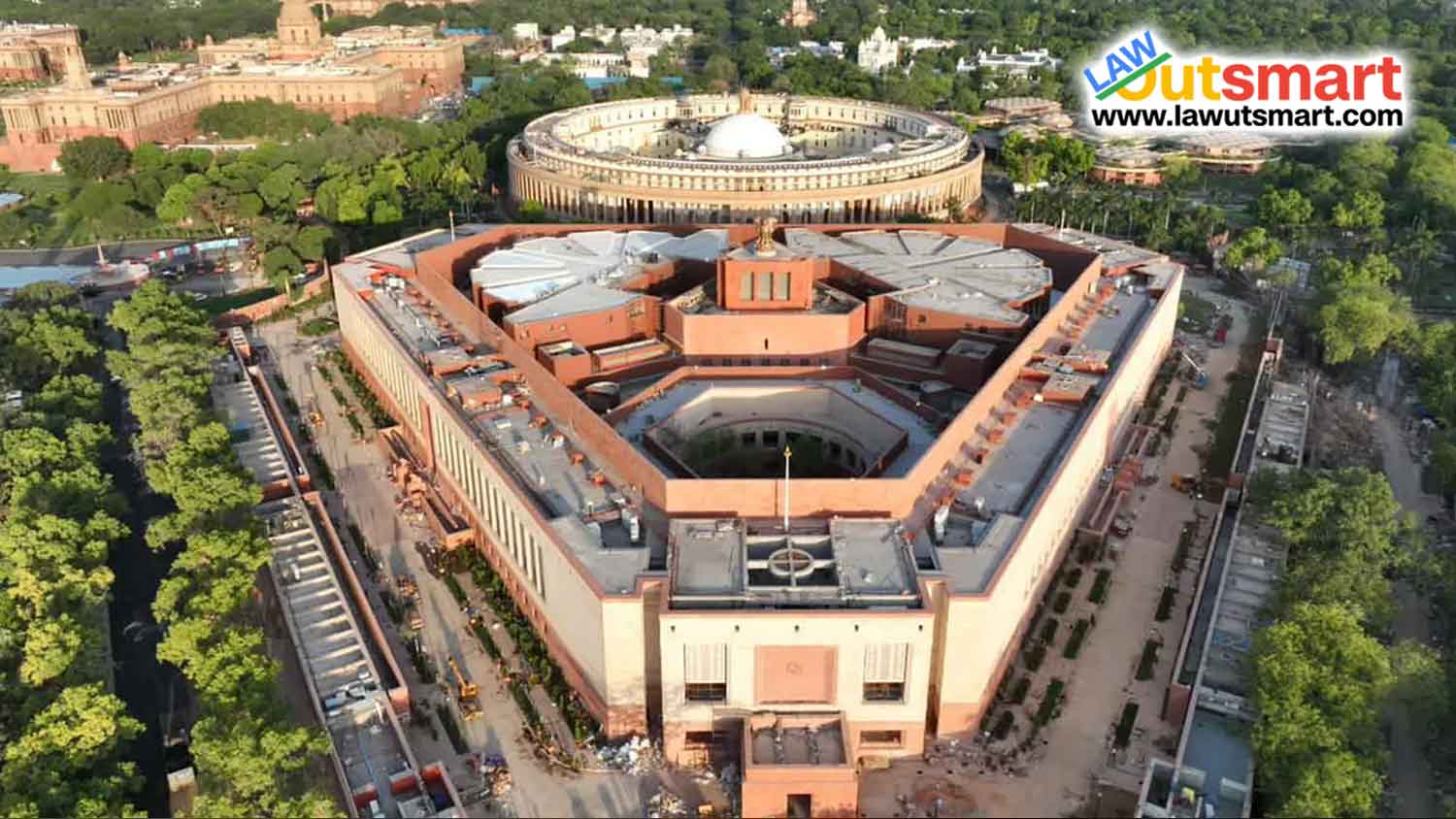The Lok Sabha, or the House of the People, stands as the cornerstone of India’s democratic framework. As the lower house of the Parliament of India, it plays a pivotal role in shaping the nation’s governance, policies, and destiny. This essay delves into the origins, structure, functions, and significance of the Lok Sabha in the broader context of Indian parliamentary democracy.
Historical Roots
The genesis of the Lok Sabha can be traced back to the Government of India Act, 1935, which provided for the establishment of a legislative body with elected members. However, the present form of the Lok Sabha emerged with the adoption of the Constitution of India on 26 January 1950, marking the country’s transformation into a republic.
Structure of the Lok Sabha
The Lok Sabha is the lower house of the Indian Parliament, comprising directly elected members from across India’s diverse constituencies. The number of seats in the Lok Sabha is not fixed and can change based on the delimitation exercise, which adjusts constituency boundaries to maintain representation proportionate to the population.
At present, the Lok Sabha comprises of a total of 545 seats. Out of these, elections will be conducted by the Election Commission to fill 543 seats. The remaining two seats are filled by nomination of representatives of the Anglo-Indian Community if the President feels that this community has not been represented adequately.
Functions of the Lok Sabha
The Lok Sabha is vested with several crucial functions:
- Law-Making: It is the primary legislative body in India. Bills, whether financial or non-financial, are introduced, debated, and passed in the Lok Sabha before becoming law.
- Executive Oversight: The Lok Sabha holds the executive branch accountable through various mechanisms, such as Question Hour, debates, and discussions. Members of Parliament (MPs) question government actions and decisions to ensure transparency and accountability.
- Budget Approval: The annual budget, which outlines government expenditures and revenue sources, is approved by the Lok Sabha. This process ensures financial accountability and allocates resources to various sectors.
- Representation: The Lok Sabha represents the diverse population of India. MPs voice the concerns and interests of their constituencies, ensuring that the government addresses regional and local issues.
- Constitutional Amendments: The Lok Sabha, along with the Rajya Sabha, has the authority to amend the Constitution of India, provided certain procedural requirements are met. This power allows for the adaptation of the Constitution to changing circumstances.
Significance of the Lok Sabha
The Lok Sabha holds immense significance in the nation’s democracy:
- People’s Voice: It serves as the voice of the people of India, representing their aspirations, concerns, and diverse viewpoints.
- Policy Formulation: The Lok Sabha is the arena where policies, laws, and decisions that impact the lives of millions are debated, shaped, and enacted.
- Accountability: Through its oversight functions, the Lok Sabha ensures that the executive branch remains accountable to the people.
- Unity in Diversity: It fosters unity by bringing together representatives from various regions, languages, cultures, and backgrounds, promoting a sense of national identity.
In conclusion, the Lok Sabha is not merely a legislative body but the embodiment of India’s democratic ethos, reflecting the principles of representation, accountability, and governance. It stands as a testament to the vibrant and dynamic nature of India’s democracy, where diverse voices converge to steer the nation toward progress and prosperity. As India continues to evolve, the Lok Sabha remains at the heart of this transformative journey, upholding the ideals of democracy and governance in the world’s largest democracy.

